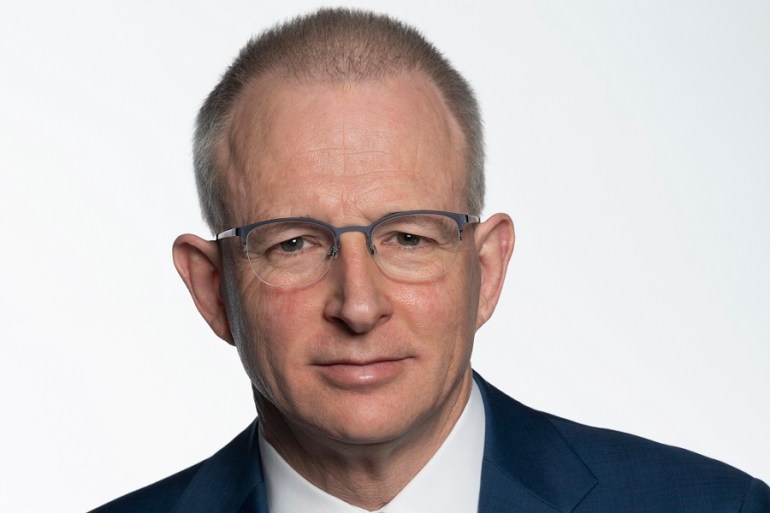Minister for Communications, Urban Infrastructure, Cities and the Arts Paul Fletcher has defended the government’s proposed Streaming Services Reporting and Investment Scheme amid industry criticism, describing it as “an effective model” to increase local commissions.
The scheme proposes services such as Netflix, Amazon Prime Video, and Disney+ report annually to the Australian Communications and Media Authority (ACMA) on their Australian content spend. If a service’s investment on commissions falls below 5 per cent of its local revenue, the Minister has the power to impose a formal investment requirement.
Screen Producers Australia (SPA) this week accused the Minister of letting global streaming businesses “off the hook” with the strategy. Industry guilds jointly argued for a 20 per cent expenditure requirement for SVOD services throughout the green paper process.
However, Minister Fletcher told IF the government’s proposed system would be sufficient to capitalise on a “growth opportunity for Australia”.
The scheme follows what he calls two years of “successful” voluntary reporting from the SVOD services. According to ACMA data, Amazon Prime Video, Disney, Netflix, and Stan spent $178.9 million on Australian content in the 2020–21 financial year, some 58 per cent of which went to commissions.
“We think the voluntary reporting has worked well but we’re now going to formalise it,” he said.
“We think transparency is very important. We do live in a world that has more opportunities than was the case 30 years ago when essentially the production sector was largely about Australian broadcast TV and some movies getting into cinemas.
“There are now many more options and we want a regulatory framework which encourages, boosts, and supports the Australian production sector.”
In its submission to the discussion paper, SPA expressed concern that the “alarming” amount of ministerial discretion in would lead to Australian content becoming a matter for the “uncertain preferences of future Ministers, who are subject to intense lobbying efforts of large commercial corporations”.
Speaking in response to the claim, Minister Fletcher said he “factually disagreed” with the assessment, noting that Australian content rules for the free-to-air commercial broadcasters were “always an instrument made by a Minister” under the Broadcasting Services Act.
“There’s no kind of increase in ministerial discretion through what’s been done.”
The government’s media reform agenda also includes the National Broadcasters Reporting Framework for Australian Content, which sees the ABC and SBS asked to report to the ACMA on their Australian content, “in line with the “reporting obligations currently in place for commercial television broadcasting licensees”.
The announcement of the framework coincided with a $4.2 billion funding commitment for the public broadcasters over the next three years — an increase of $87.2 million for the ABC and $56.7 million for SBS.
Minister Fletcher said it was about getting a “consistent picture across the industry of what’s happening with Australian content”.
“One of the things I’ve sought to do as Minister is increase transparency and increase reporting so that industry participants and other stakeholders know how much Australian content has been commissioned and shown, whether that’s on free-to-air commercial, the national broadcasters, or streaming platforms,” he said.
With the federal election less than a month away, discussion about screen policy is likely to continue across all major parties, with Labor attempting to win government after a decade in Opposition.
Reflecting on his past three years in the job, Minister Fletcher said one of his key aims had been to help the screen sector adapt to broader shifts in the landscape.
“I would say the main challenge [for the industry] is the rate of change, but it also does create opportunity,” he said.
“The policy changes that have been introduced over the last three years in terms of the Commonwealth government – both funding arrangements and regulatory settings – have all been designed to try and help the production sector capture more of the global opportunity.
“This, in turn, generates both economic outcomes and very important cultural outcomes, so we’re seeing more Australian stories on our screens, and they’re being seen around the world.”


